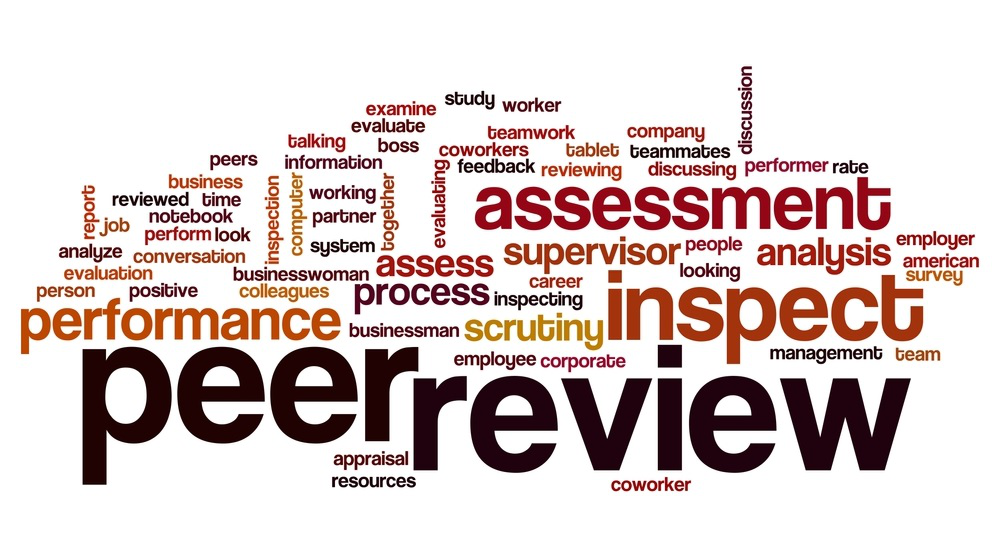AI-Enhanced Risk Identification and Intelligence Sharing Framework for Anti-Money Laundering in Cross-Border Income Swap Transactions
DOI:
https://doi.org/10.69987/JACS.2023.30504Keywords:
Anti-money laundering, cross-border financial intelligence, income swap transactions, federated learningAbstract
This paper presents an AI-enhanced framework for anti-money laundering (AML) in cross-border income swap transactions, addressing critical challenges in risk identification and cross-jurisdictional intelligence sharing. Income swap transactions present unique AML challenges due to their complex structure and multi-jurisdictional nature, creating opportunities for sophisticated money laundering schemes. The proposed framework integrates advanced machine learning techniques with privacy-preserving data sharing mechanisms to enable effective detection while maintaining regulatory compliance across jurisdictions. A multi-layered neural architecture incorporating LSTM-based temporal pattern analysis and attention mechanisms achieves 92.7% detection rates for complex layering schemes while reducing false positives by 34.4% compared to traditional methods. The framework's federated learning approach enables collaborative model training without exposing sensitive transaction data, addressing key privacy concerns in cross-border contexts. Comprehensive validation across multiple laundering typologies demonstrates the system's effectiveness, with particular strength in detecting instrument structuring techniques (F1-score: 0.911). Implementation analysis reveals significant operational benefits, including 78.4% reduction in investigation time per alert and enhanced regulatory compliance scores. The framework offers standardization opportunities that could facilitate regulatory harmonization while preserving jurisdictional sovereignty, creating strategic advantages for financial institutions operating in global markets.












